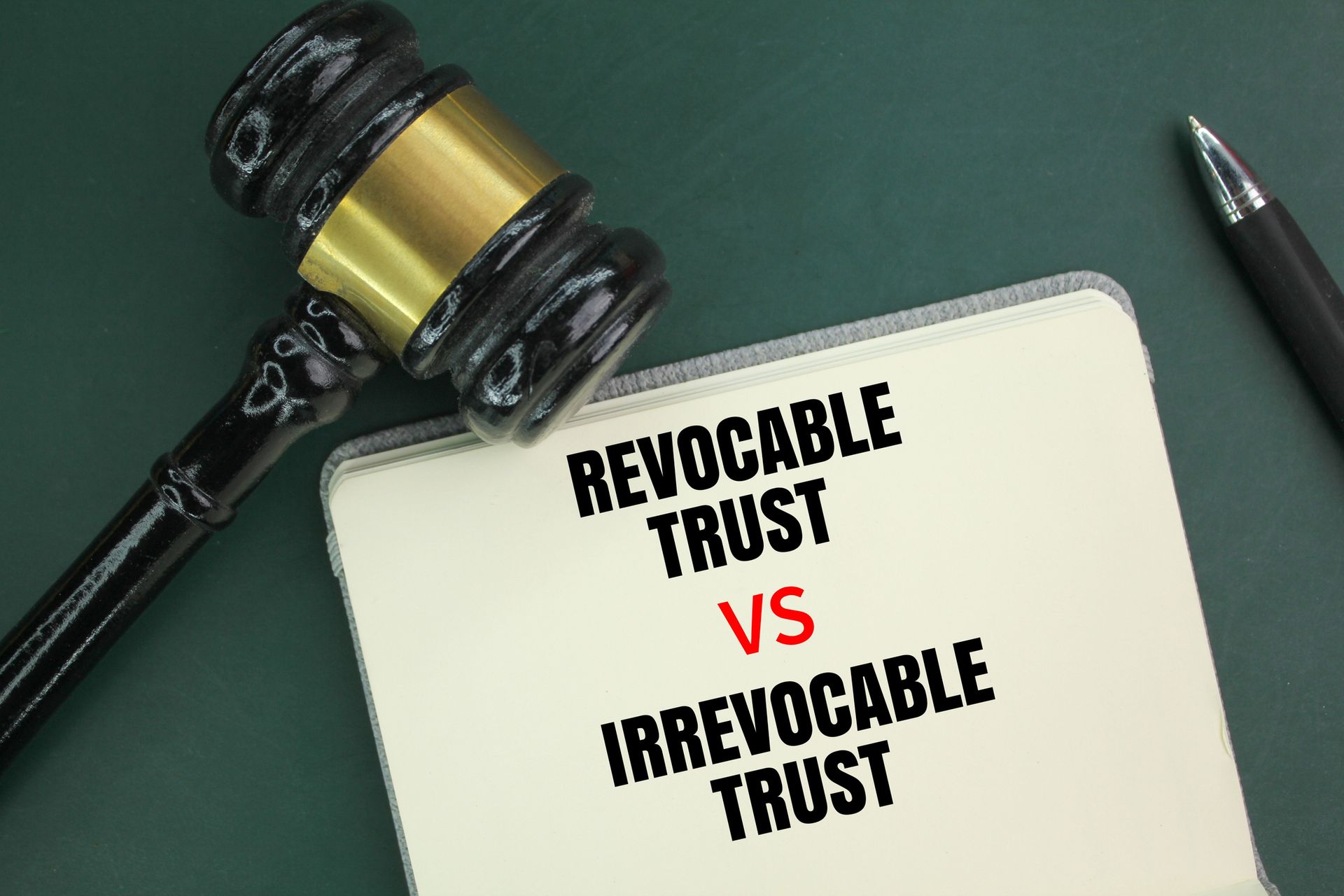Responsibilities of an Estate Administrator
The role of an Estate Administrator is essential when a person passes away, especially if there is no will in place. This position requires diligence, legal knowledge, and careful organization to properly manage the deceased's estate. Estate administration is guided by state laws and probate court procedures, which vary by jurisdiction but share common responsibilities necessary for proper estate management.

Collection and Management of Estate Assets
An Estate Administrator's first duty is to take control of the deceased's assets. This may include reviewing financial records, securing properties, and ensuring valuables are safeguarded. The Administrator may also need to locate and recover assets, re-register securities in the estate's name, and open estate bank accounts to manage financial transactions.
Inventory Listing and Asset Valuation
Creating an inventory of assets is a central responsibility. This includes financial accounts, personal belongings, and real property owned by the deceased. Proper valuation is equally important since it affects tax filings and determines how assets will be distributed to beneficiaries.
Notification and Communication
Once appointed, the Estate Administrator must notify heirs, beneficiaries, and creditors of the death. Legal requirements may also include publishing official notices to alert potential creditors and managing any claims against the estate.
Debt Settlement and Tax Filings
The Administrator must carefully review and pay the deceased's lawful debts in the correct order of priority. This includes handling creditor claims while preserving the estate's solvency. Additionally, preparing and filing the deceased's final income tax returns, and if applicable, estate tax returns, is an important responsibility.
Distribution of Assets
After debts and taxes are resolved, the Administrator must distribute remaining assets according to the will, or in cases of intestacy, under state law. This step requires ensuring that distribution is carried out accurately and fairly.
Estate Closing
The final stage of administration involves filing a final accounting with the probate court. This demonstrates how all assets were managed, distributed, or retained, providing a formal conclusion to the estate process.
Contact Khalifeh & Strupinsky, P.C.
Administering an estate is a complex and time-sensitive responsibility that should be approached with care. At Khalifeh & Strupinsky, P.C. in Brooklyn and New York, NY, our legal team provides guidance throughout the estate administration process, ensuring that every step is handled with professionalism and sensitivity.
For assistance with estate administration, call us at 917-261-3643 or fill out our online form to schedule a consultation.











